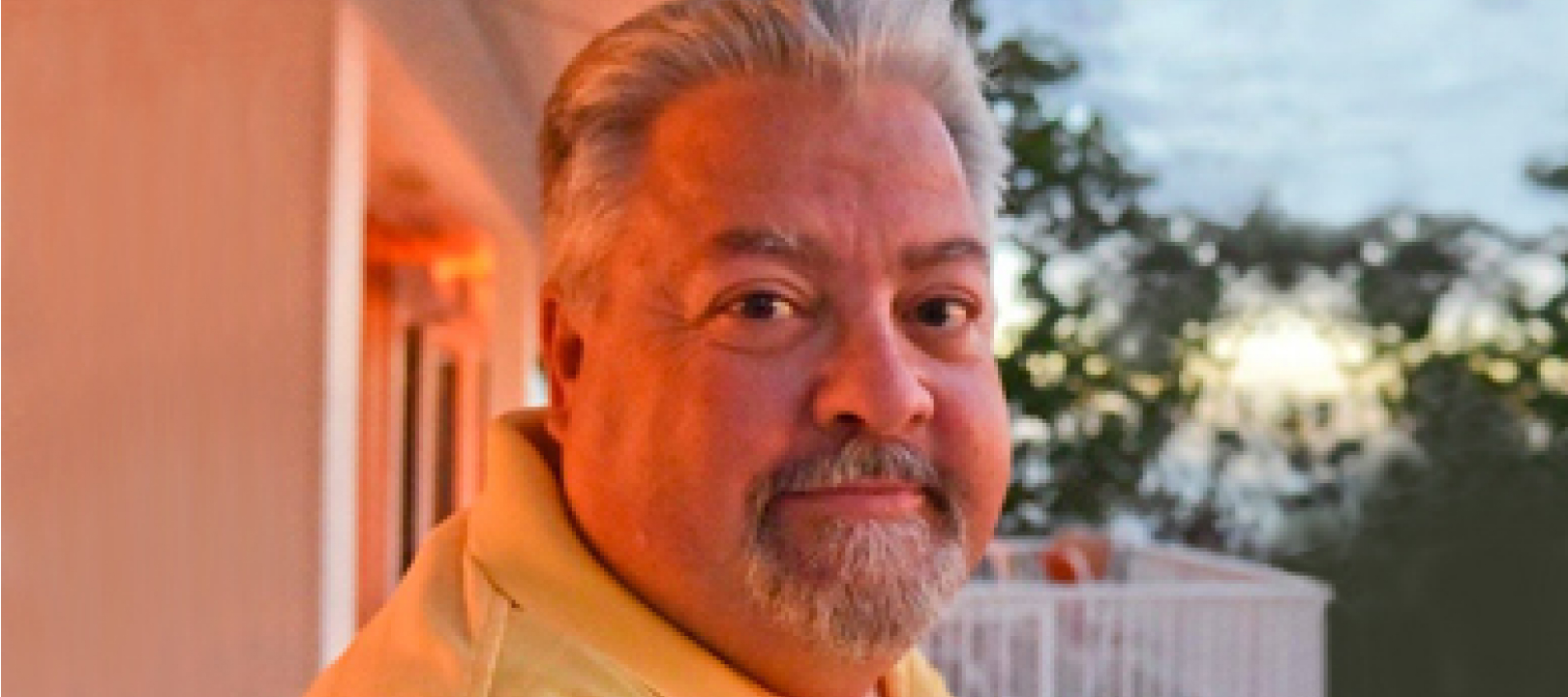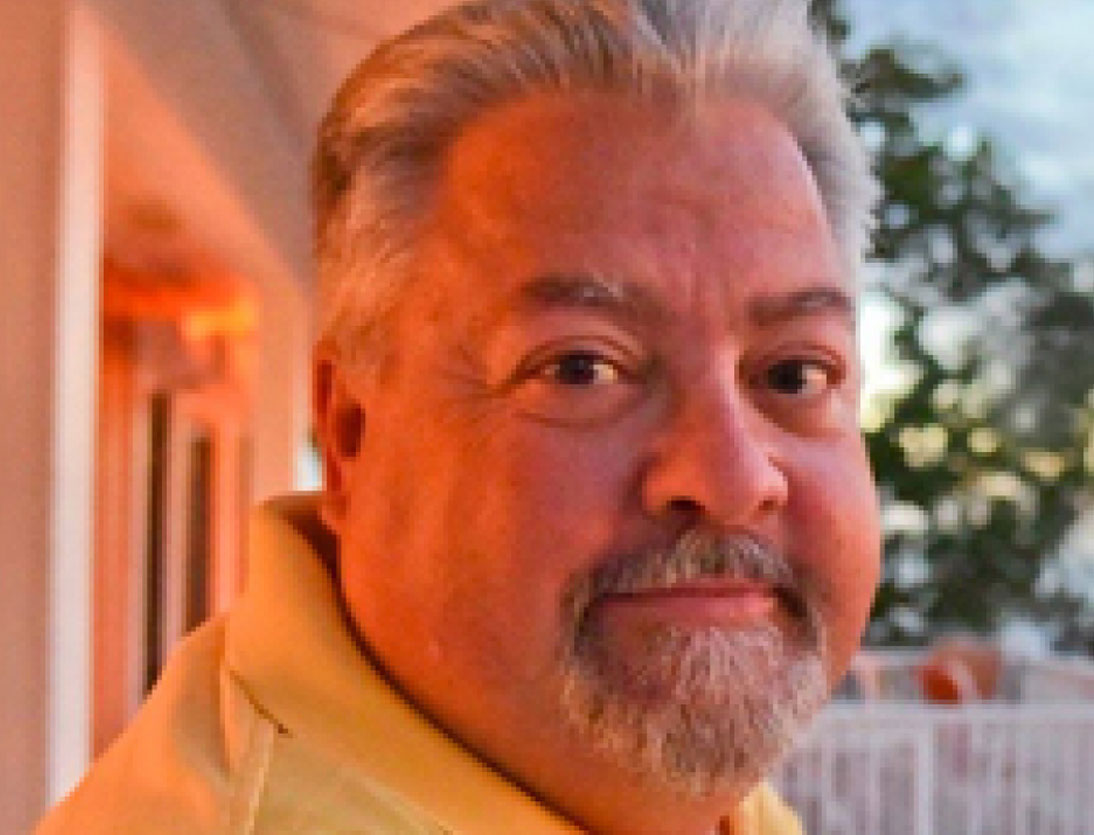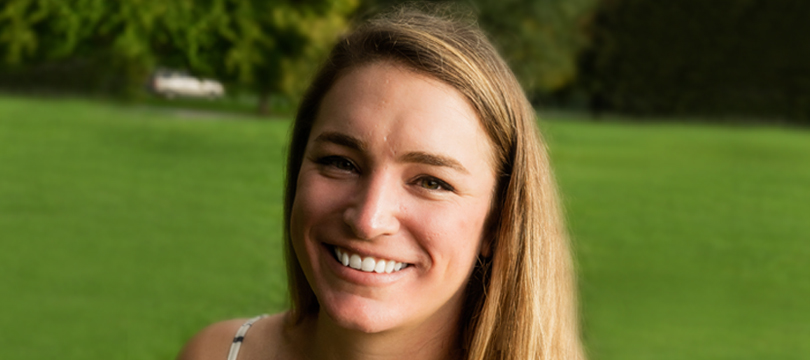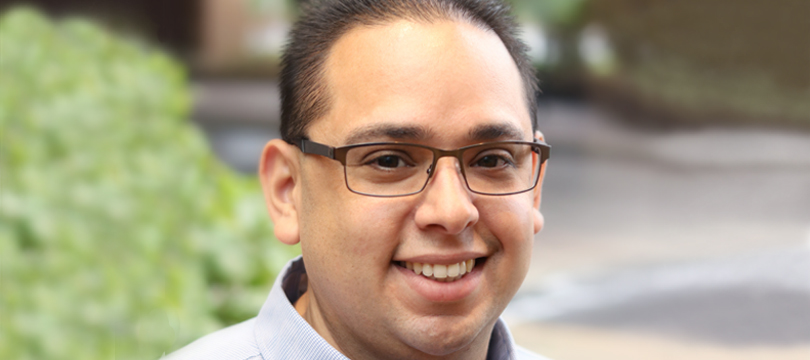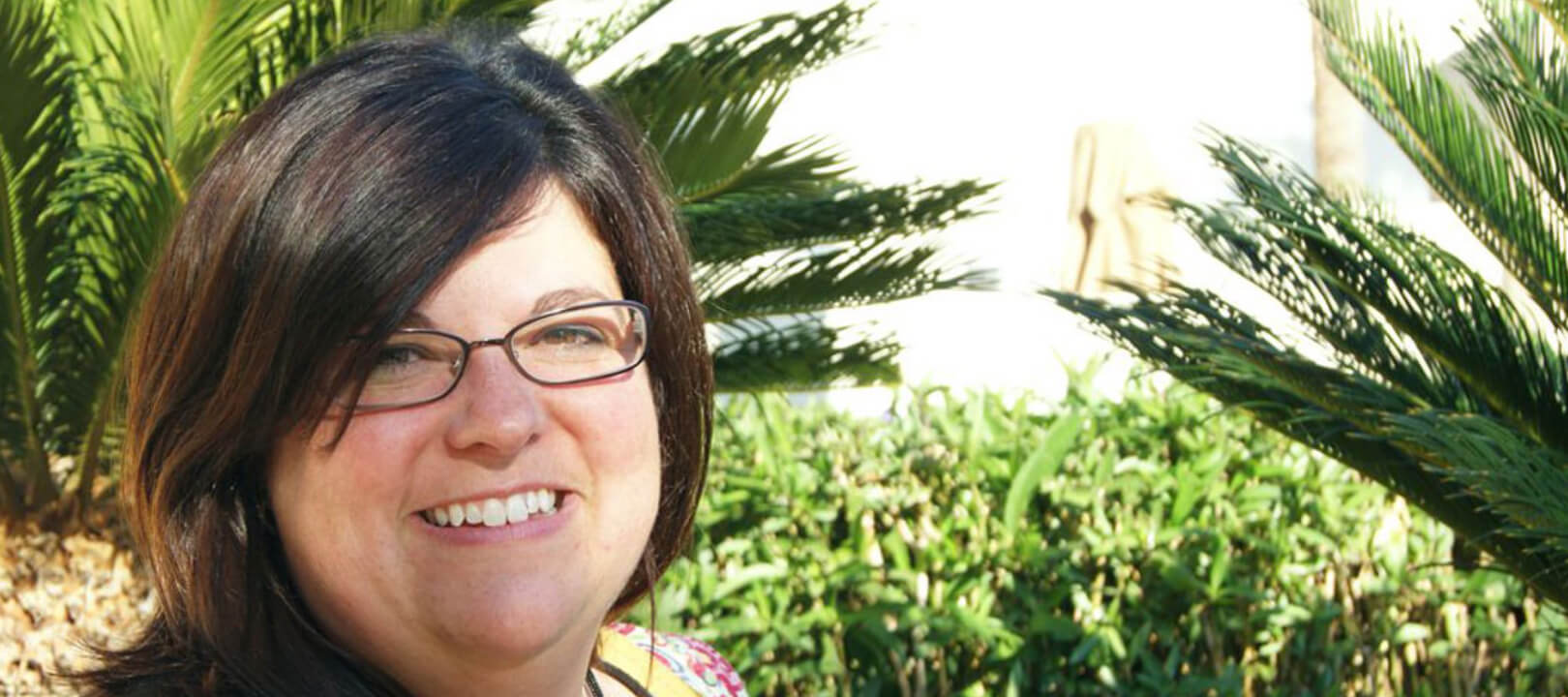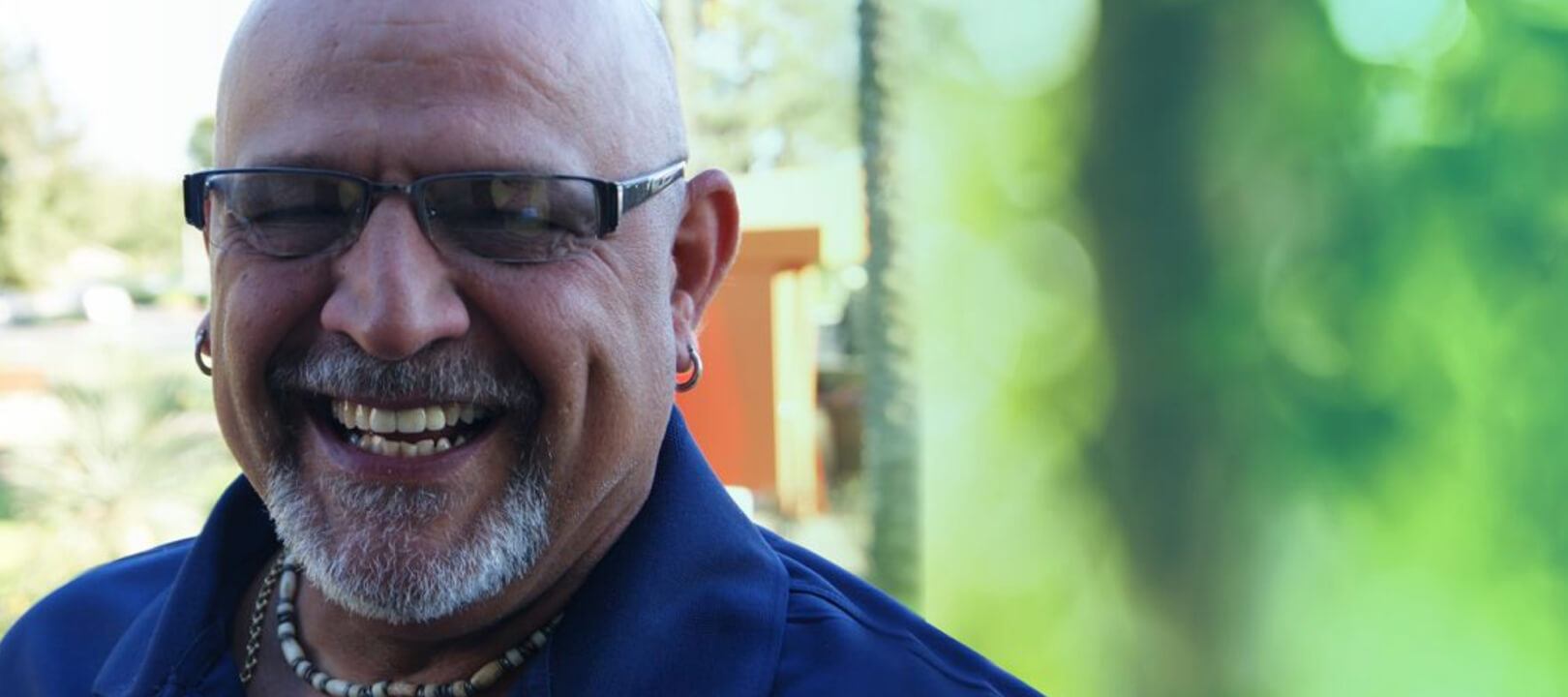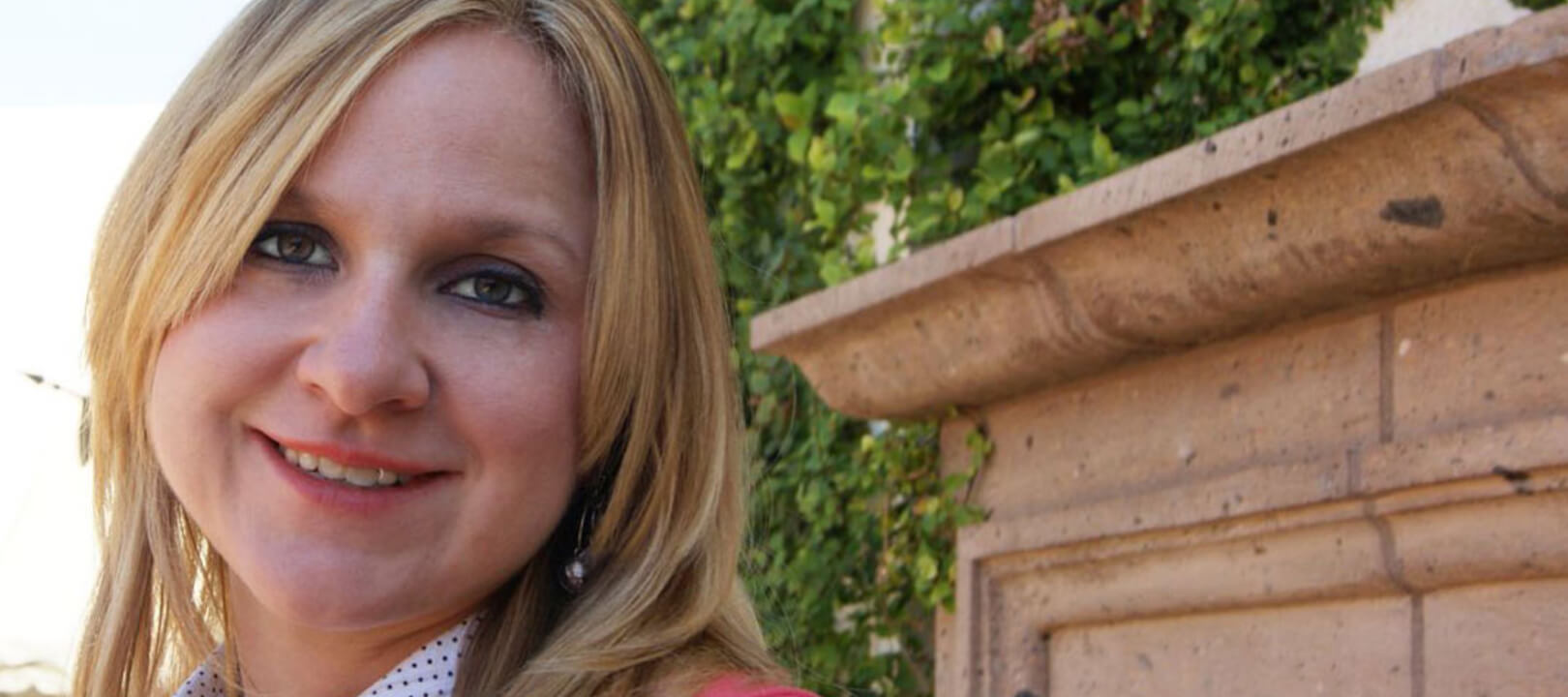Carl’s story
Carl remembers the day his advocacy journey started. He was 4 years old. “My mom and the Kentucky Hemophilia Foundation took me to meet the governor to talk about a hemophilia program,” he recalls. “I walked up to the governor, who was about 6 feet tall and I was probably 2-foot nothing. I stuck my hand up and he squatted down to shake my hand, and I looked at him and I said, ‘Hi, I’m Carl. I’m here to talk about hemophilia.’”
Carl lives with severe hemophilia B. There is a strong history of the disorder in his family. His mother also had hemophilia, but she was not diagnosed until she was older. Carl’s older brother has also received a diagnosis of severe hemophilia B. Carl’s daughter and two of his granddaughters live with hemophilia.
I walked up to the governor, who was about 6 feet tall and I was
probably 2-foot nothing... and I said, ‘Hi, I’m Carl.
I’m here to talk about hemophilia.'
Mentorship in the hemophilia community has played a large role in Carl’s life. He has served in numerous capacities in the hemophilia advocacy community, including as a coordinator for the Men’s Advocacy Network of the National Hemophilia Foundation, as a board member and president of the Hemophilia Federation of America, as a board member and president of the Kentucky Hemophilia Foundation, and as a board member and president of the Committee of Ten Thousand. Carl acknowledges, however, that mentorship doesn’t always consist of an older or more experienced patient offering advice to a younger one. Younger patients have also mentored Carl in return, which he has welcomed “because they may have gone through an experience or learned something that I have not learned yet.”
He doesn’t discount his important role, however, as a community member who lived through the years prior to factor being available as a treatment. He reminds younger people living with hemophilia about how those years took a toll on his body to illustrate how important it is to infuse when necessary. The damage to the joints in Carl’s knee and elbow serves as a remembrance of how hemophilia affected people in the past and as a reminder to community members about the importance of proactive self-care in hemophilia.
Carl knows that learning to take care of oneself during adolescence can carry a steep learning curve and an older mentor can sometimes help. “Even though you’re 12 years old,” he relates, “you’re making adult decisions.” Carl acknowledges that while parents are a child’s first teacher, sometimes an outside source can help teens who need encouragement. As that voice of experience, he has helped children to become more responsible for their care, including self-infusing and ordering their own supplies.
Carl also looks to volunteers who don’t live with hemophilia as important members of the community. When a hemophilia advocacy group board member approached him with concerns about feeling out of place as a person without the condition, Carl offered some perspective. Many of the tenets of health care advocacy, such as addressing pre-existing condition clauses and lifetime spending caps, are important to all people—not only to those who currently live with a chronic condition. “We need the voices of others,” Carl reminded him, “so that no one has to endure the same things that we’re having to endure.” Carl says that educational resources and legislative work that’s completed by volunteers (whether they live with hemophilia or not) helps everyone.
It’s been an honor to be a part of this community and I’m very proud to call my little brothers and sisters just that—brother or sister.
Carl’s journey from a 4-year-old prodigy to an experienced community member has been very eventful, but the most gratifying part has been the privilege of serving as a “big brother” to other members of the community.”
“It’s the souls that I’ve been able to encourage on self-infusion or personal advocacy. Those are the ones that really stand out in my mind. It’s been an honor to be a part of this community and I’m very proud to call my little brothers and sisters just that—brother or sister.”
